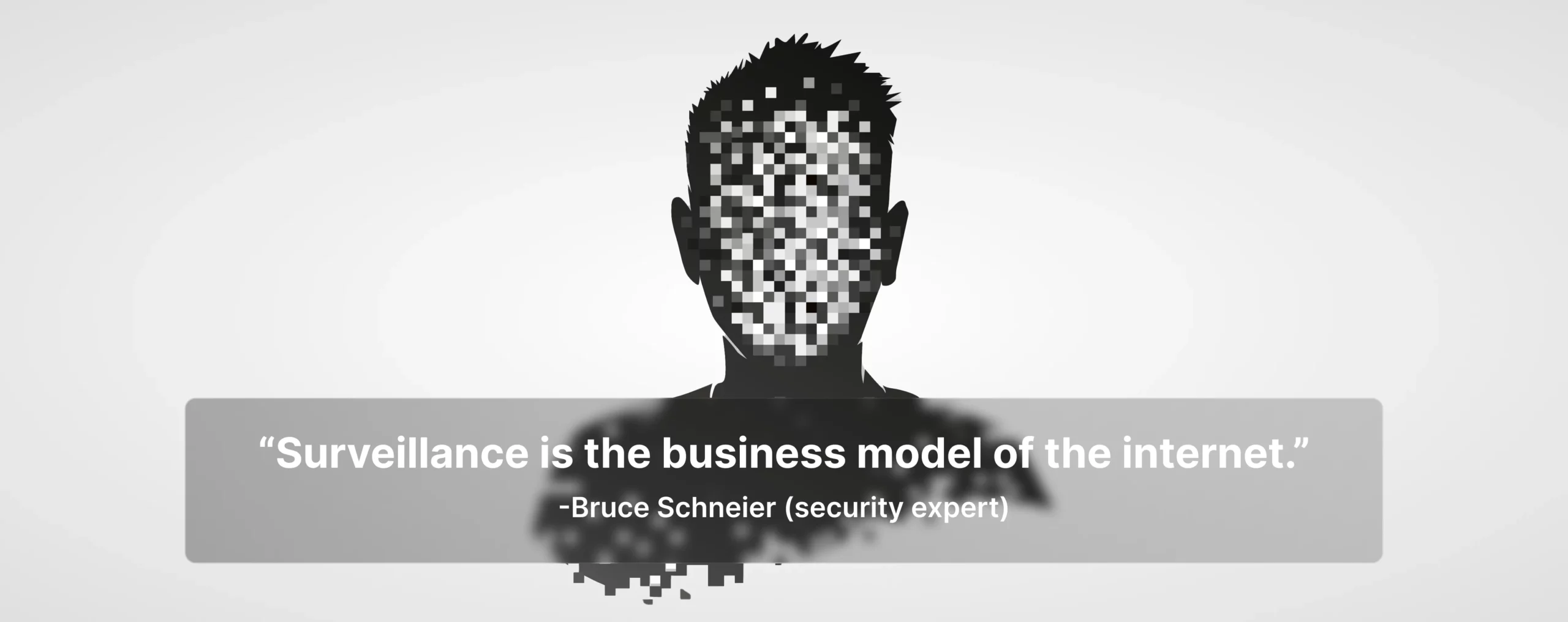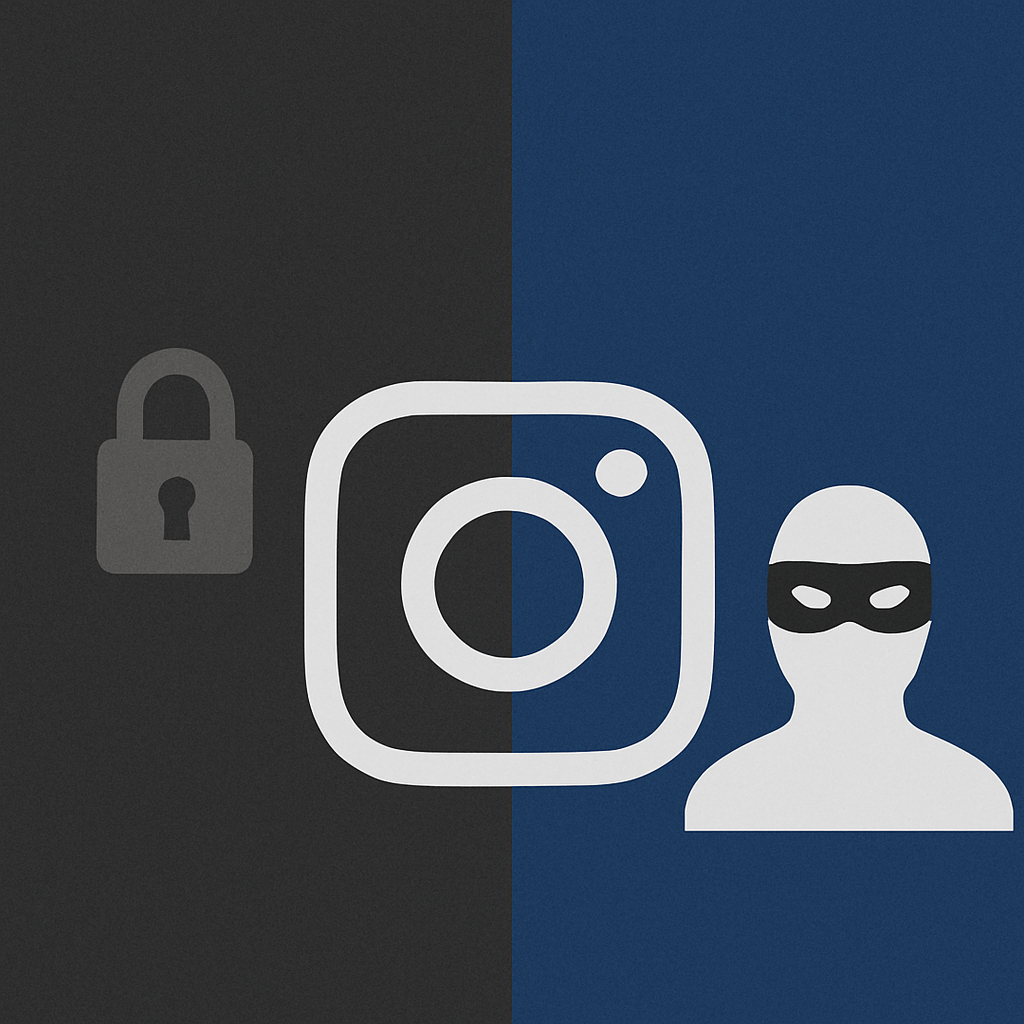In a world where every click, every like, and every digital transaction is cataloged, analyzed, and often sold, privacy has become a sought-after luxury. The paradox of the Information Age is that as we have grown more connected, we have simultaneously become more exposed. But as concern over big tech’s encroachment into our personal lives swells, innovative solutions like the Incognito Browser offer a beacon of hope for those seeking to reclaim their digital anonymity.
Big Tech’s Unquenchable Thirst
Over the past decade, big tech companies like Google and Apple have built empires fueled by data. These behemoths offer us seamless experiences, tailored content, and unprecedented convenience. In return, they collect vast amounts of data about our preferences, habits, and behaviors. While they claim this collection serves to enhance user experience, many fear it amounts to surveillance.Perhaps it’s the ads that appear mere moments after we’ve discussed a product, or the eerily accurate “suggestions” that our devices offer. The line between assistance and intrusion has never been so blurred.”Big tech’s business model relies on knowing as much about their users as possible,” says Dr. Klein, a digital ethics scholar at Stanford University. “While they offer free services, the cost is often your personal data, which is monetized in ways most people can’t even fathom.”
Incognito Browser: A New Hope
Against this backdrop, the rise of the Incognito Browser couldn’t have come at a better time. Touted as the “true privacy browser”, it promises to let users surf the web without leaving any digital footprints.Unlike the ‘incognito’ or ‘private’ modes offered by mainstream browsers, which still allow websites to track user behavior during those sessions, Incognito Browser takes privacy to the next level. It blocks trackers by default, doesn’t store browsing history, and ensures that user data remains where it belongs: with the user.Laura Michaels, a cybersecurity consultant, believes that the Incognito Browser represents a significant shift in the digital landscape. “For the first time, we’re seeing a product that doesn’t treat privacy as an afterthought. It’s built from the ground up with the user’s anonymity in mind.”
Privacy: A Fundamental Right or a Premium Service?
The success of platforms like Incognito Browser raises a pivotal question: Should privacy be a fundamental right in our digital age or something one has to seek out and perhaps even pay for?As the European Union’s General Data Protection Regulation (GDPR) and California’s Consumer Privacy Act (CCPA) suggest, there’s a growing consensus that individuals should have control over their personal data. Yet, the onus still often falls on the individual to understand and navigate the complex web of privacy settings, permissions, and terms of service agreements.
Looking Ahead
While the Incognito Browser’s rise is a promising step towards a more private digital world, it also underscores a more significant societal dilemma. As we continue to integrate technology into every facet of our lives, we must grapple with the balance between convenience and privacy.The hope is that as more users prioritize their privacy, tech companies, both big and small, will recognize this as not just a trend but a fundamental demand of the modern user.One thing is clear: in an era of unchecked digital expansion, the battle for privacy is more critical than ever. And with tools like the Incognito Browser leading the charge, perhaps we’re on the brink of a privacy revolution.



